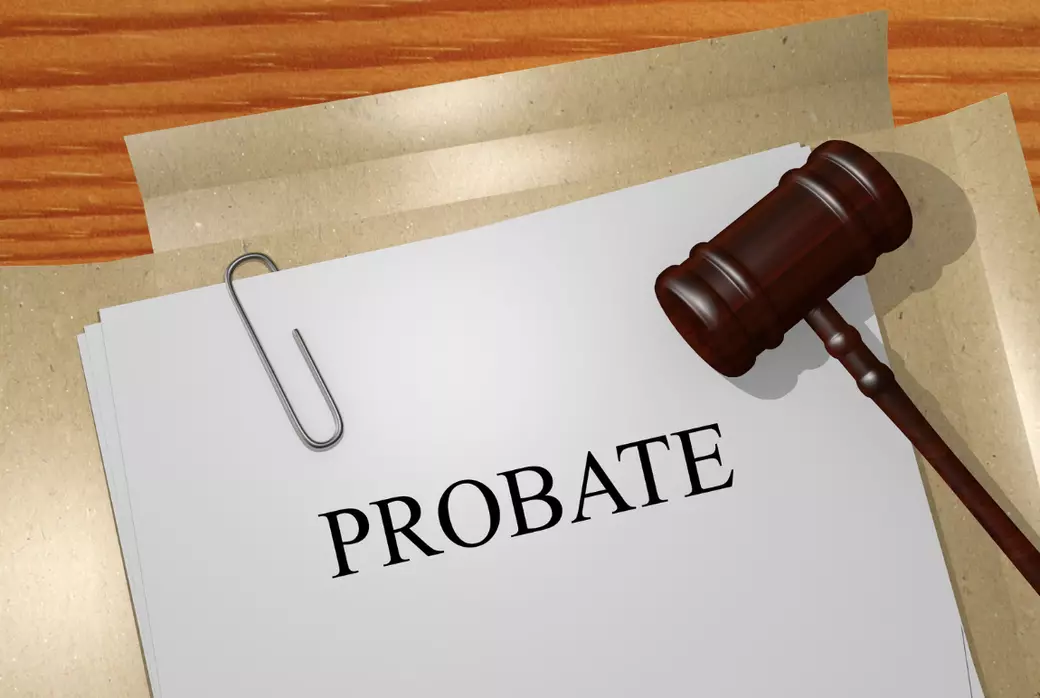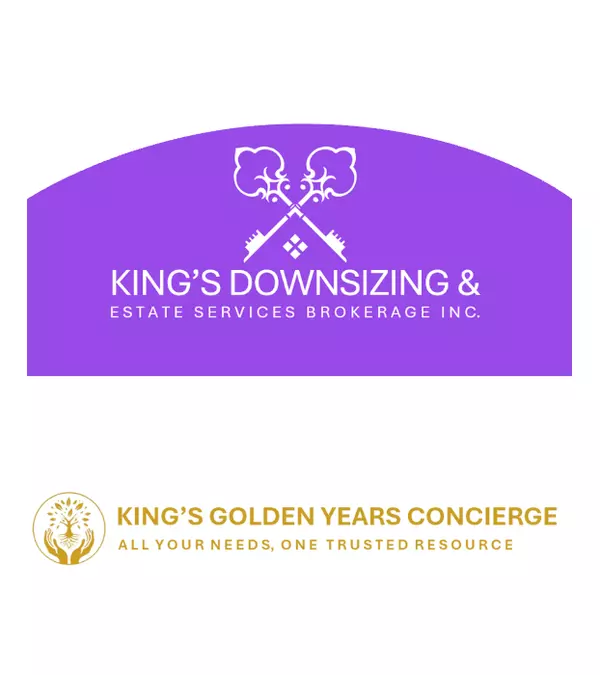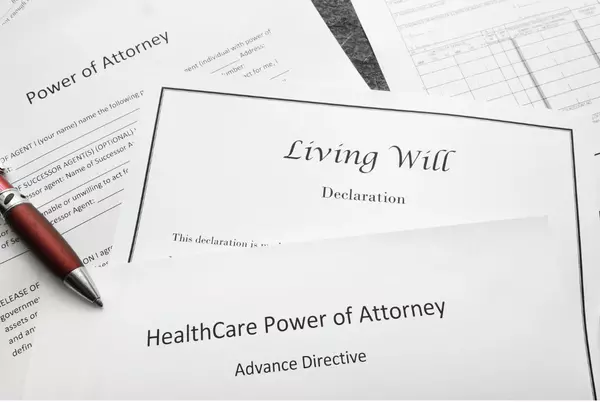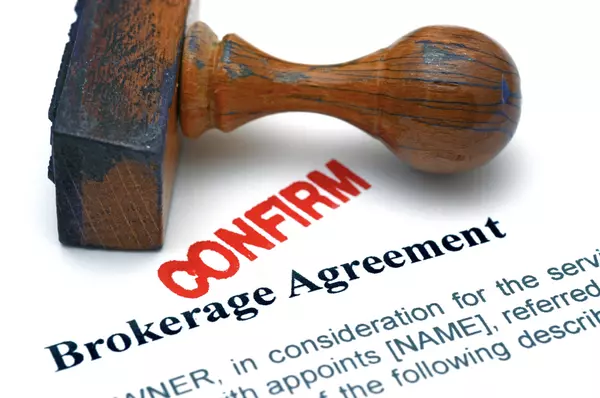Demystifying Probate in Ontario: A Comprehensive Guide

When a loved one passes away, they leave behind an estate comprising various assets, liabilities, and belongings. In Ontario, the management and distribution of this estate fall under the jurisdiction of an estate trustee, the individual legally authorized to act on behalf of the deceased.
Probate serves as a legal procedure through which individuals can:
- Obtain the authority to act as the estate trustee.
- Confirm the authority of a person named as the estate trustee in the deceased's will.
- Formally approve the deceased's will as their valid last will.
Do You Need to Apply for Probate?
While not always mandatory, probate may be necessary based on the estate's asset composition. Real property and assets held by financial institutions often require probate. However, certain exclusions exist, and the decision to apply for probate depends on various factors.
Who Can Apply for Probate?
- If a will exists, the named estate trustee typically applies for probate. However, alternate arrangements can be made.
- In the absence of a will, the deceased's spouse or common-law partner generally holds priority, followed by close adult relatives.
How to Apply:
To initiate the probate process, several steps must be followed:
- Complete Court Forms: Necessary forms must be filled out accurately and submitted to the court.
- Identify Asset Values: Detail the estate's real and personal property values in the application.
- Serve Necessary Documents: Copies of the application must be provided to all entitled parties, including beneficiaries.
- File Documents with the Court: Submit the application and supporting documents to the Superior Court of Justice along with the requisite Estate Administration Tax.
- Bond: Depending on circumstances, an estate administration bond may be required.
What Happens Next?
Upon successful application, a Certificate of Appointment of Estate Trustee is issued, granting the trustee authority over estate management. However, certain timelines and requirements must be adhered to, including the filing of an Estate Information Return within 180 days.
Seeking Legal Guidance:
Given the intricate nature of probate proceedings, consulting with a legal professional is often advisable. A lawyer can offer invaluable assistance in navigating the complexities of probate, ensuring compliance with legal requirements, and safeguarding the executor's interests.
Navigating the probate process can be daunting, but you don't have to go it alone. REALTOR® Désirée King from King's Downsizing & Estate Services is a Certified Executor Advisor (CEA). This means that while she is a REALTOR®, she also has a broad practical knowledge of everything that executors need to know, making her uniquely equipped to steer executors away from potential problems and toward the professionals they need.
Ready to embark on your probate journey with confidence?
Reach out to Désirée King today for personalized assistance and expert guidance.
Désirée King
REALTOR®, Certified Executor Advisor (CEA)
416-333-8520
Categories
- All Blogs 73
- 55+ Living Communities 20
- Aging-In-Place 16
- Community Engagement 3
- Concierge 13
- Decluttering 8
- Downsizing 31
- Estate Planning 6
- Estate Settlement 26
- Fall Prevention 11
- General 18
- Home Safety 8
- International Retirement Living 4
- Land Lease 6
- Life Lease 7
- Lifestyle 15
- Out of Town Estate Settlement 24
- Probate 22
- Real Estate 4
- Retirement Residences 17
- Tax Returns 4
- Wealth Transfer 21
Recent Posts











"Empowering transitions, cherishing legacies. At King's Downsizing & Estate Services, we transform the complexities of change into journeys of compassion and preservation." - Desiree King
